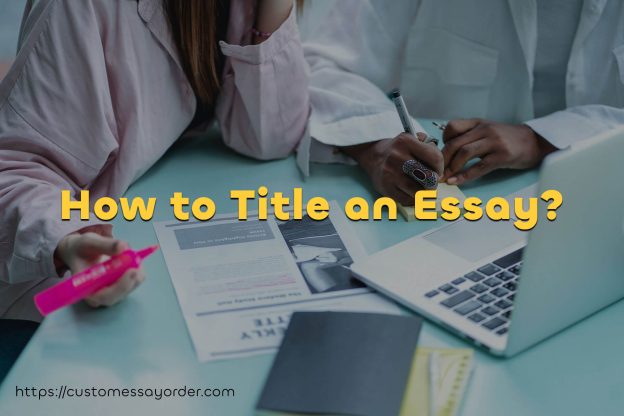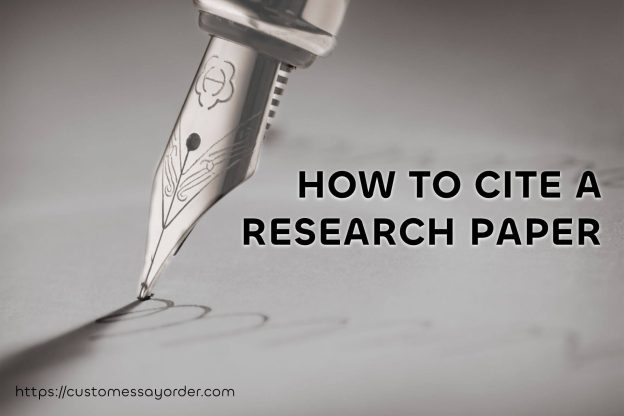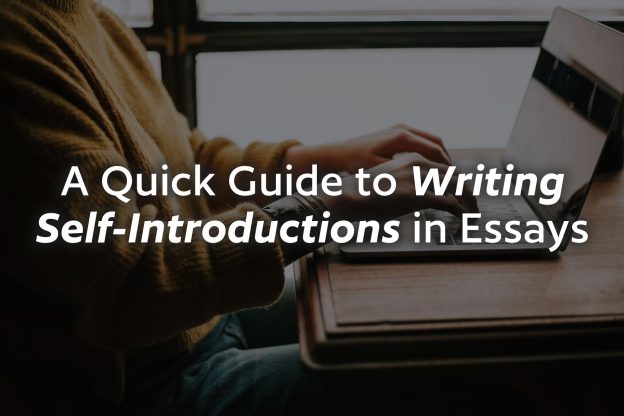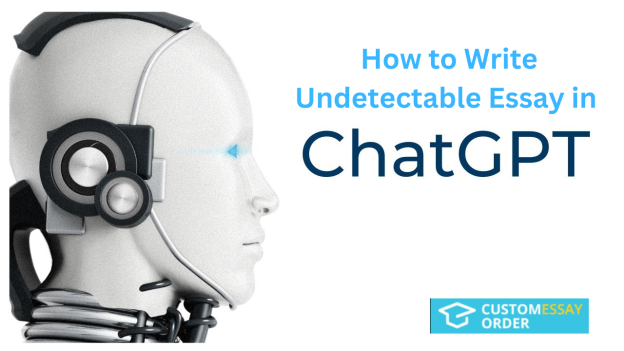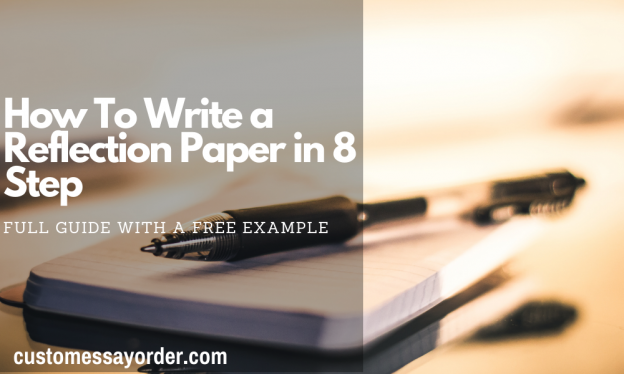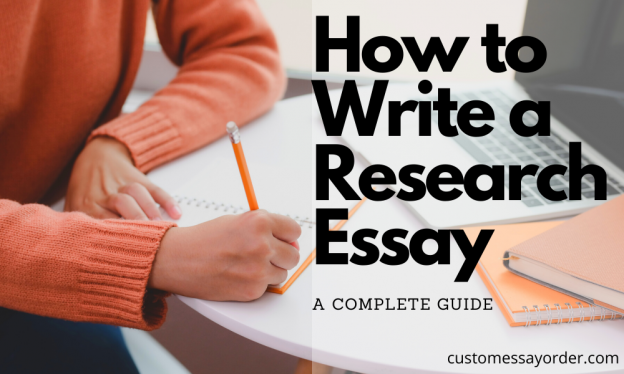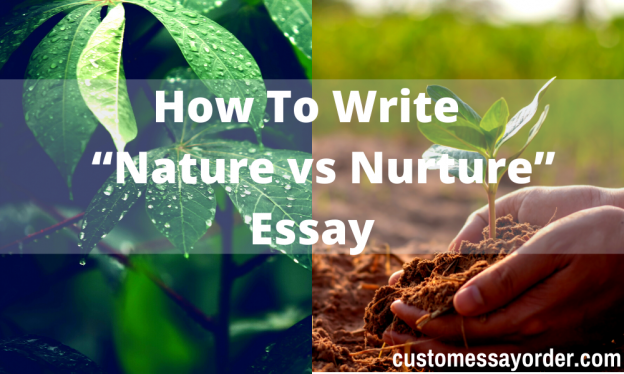How to Make Conclusion for an Essay
A well-written essay should seek to portray the author’s views and arguments in a concise and comprehensive manner. The ideas should be presented in a systematic and understandable manner that will enable the reader to maneuver around your line of thoughts easily. When one seeks to buy a custom essay, there are various aspects of essay writing that they should look out for. Quantity should not outweigh quality, by all means possible. The writer’s goals determine the type of essay.
There are five major types of essays that are meant to serve different purposes, namely:
- expository,
- narrative,
- descriptive,
- argumentative,
- and persuasive essays.
Essays generally have a common structure and format that outlines the manner in which they should be written.
The content is usually divided into paragraphs.
- the introduction,
- body,
- and conclusion paragraphs.
The five-paragraph format is the most common structure for essays, whereby the introduction is in one paragraph, the body contains three paragraphs, and finally the conclusion in one paragraph. The introduction gives a brief description on what the essay is about and is meant to capture the attention of the reader to what the writer will elaborate further in the body. The body serves the purpose of elaborating what is in the introduction and thesis statement by supporting a single idea per paragraph. Each paragraph starts with a topic sentence that is followed by supportive sentences that are conclusive and straight to the point. The conclusion falls in the last paragraph and is a summary of all the writer’s ideas to the reader. The conclusion is a very important part of your essay. There are various guidelines that should be followed when writing your conclusion. This, therefore forms the basis of the topic at hand: how to conclude and essay.
More often than not, most authors overlook the concluding part of an essay, despite it being very essential.
There are steps that should be followed in order to develop a conclusive and tentative conclusion.
First and foremost, get back to your essay and thoroughly read through. Engage yourself in brainstorming in order to develop a worthy conclusion. Ask yourself various questions, listing important ideas in your essay, as you reintroduce themes previously covered in the first paragraph and link up arguments to a totally different context. There are helpful questions that can help in concluding an essay. These questions are “why?”, “how?” and “what?”
- What is the final argument or conclusion derived from the essay?
- Why does it matter? How will the main idea help the reader?
Such questions will help the author dig below the surfaces of their ideas so as to come up with clear and convincing answers that can serve as the perfect conclusion. Having a list of the main ideas in your essay helps you know what you need to indicate in the conclusion so as to avoid introducing new information or ideas in the conclusion.
You can get a nice sense of closure by returning to the theme of the essay. The theme can be further developed in this way, thus making your essay more informative. For instance, if you start your essay with the idea that free education has led to the education of many you could conclude your paragraph by including the idea that as more people access education, the country’s poverty level would significantly decrease. Extending your discussion’s relevance to broader context helps your reader understand how they could apply the arguments you made to another topic. This gives your essay a bigger sense of purpose. For example, you could extend an essay on “Saints and sinners” to the current state of the Christian religion.
You can also find a way to rework your thesis statement in different words and reference it in the end of your essay, even if it’s only in passing. Your essay should end with a flourish. Make it provocative, elegant, to the point and authoritative. Be playful with your last sentence and pose an ironic by- product of what you are talking about. Appealing to people’s emotions can be a strong way to end an essay as long as it keeps in tone with the rest of your essay. If your essay is about getting your audience to change, use a call to action to rouse your base. However, it should be used sparingly to avoid overkill. Be sure to use some final word of thought that your reader should or can adhere to.
However, there are some common mistakes that should be avoided when concluding an essay. Restating your thesis statement does not give the reader a compelling reason to read your conclusion, after all they know what it will say next. Resist the urge to quote in the last paragraph. This is better done in the body of your essay. The conclusion should tie all that has been talked about in the essay. No new information is needed here. Use of jargons and many high- flying words when concluding makes your work boring and rigid. Use clear, concise, readable and relatable language. Also, do not use words like “firstly”, “secondly” to make points. Make what you are saying clear, including the number of points. The ending of your story should focus on the main points in your body not small isolated issues. All in all, your conclusion should be short, detailed and sweet. Adherence to these tips for concluding an essay is vital to coming up with a tentative and worthy conclusion.
